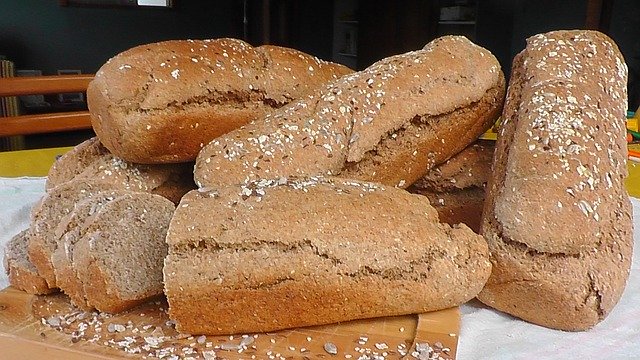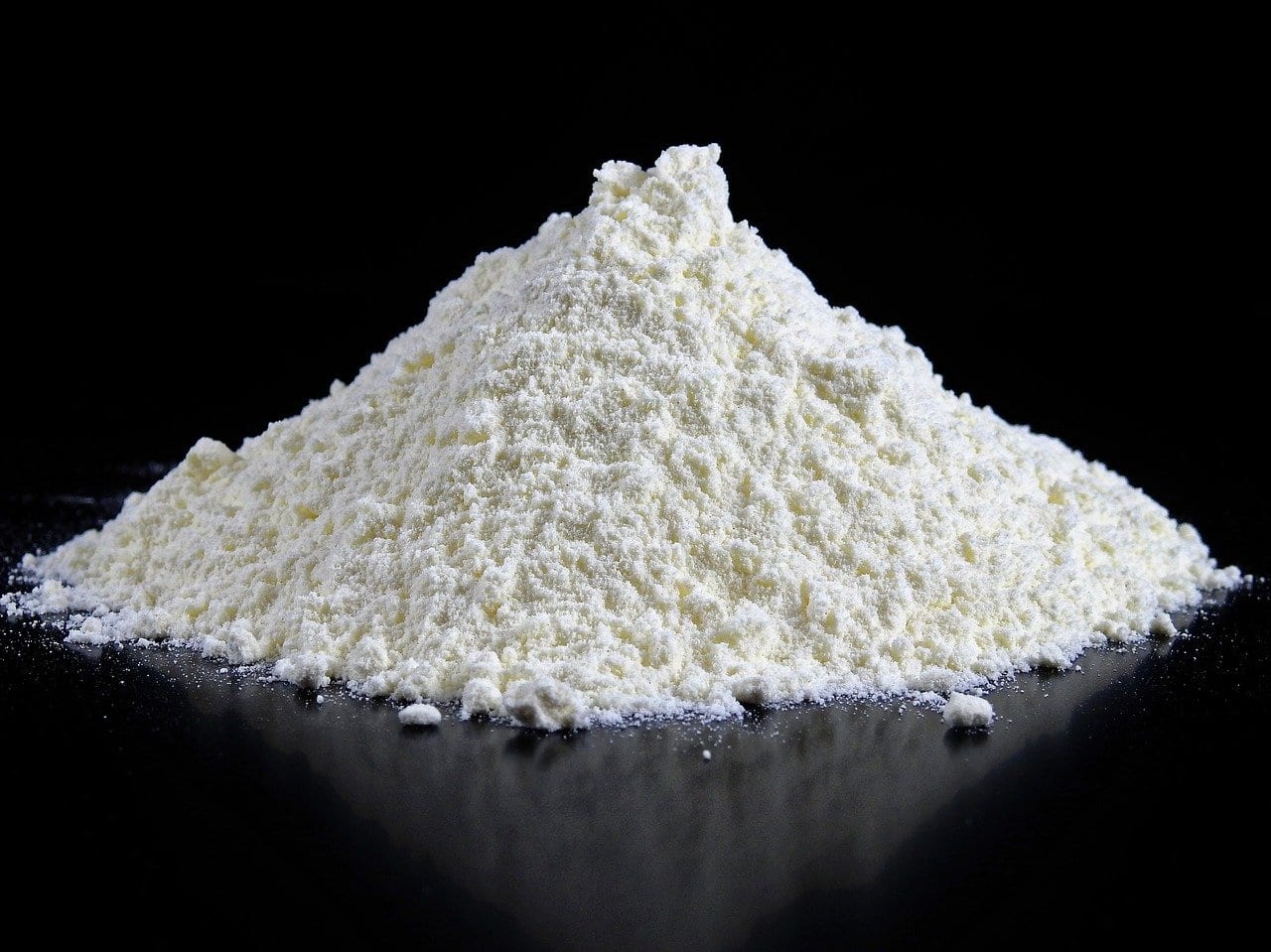Fiber in our diet is crucial for digestive health and it is also crucial in the Mediterranean diet. Fiber helps with bowel movement and prevents constipation. It also controls blood sugar levels and reduces the risk of cardiovascular diseases. In addition, it promotes satiety and facilitates weight loss. Promotes microbial diversity in the intestine, benefiting general health.
The Mediterranean diet is known for being rich in fresh and healthy foods. Many of which are naturally high in fiber, let's look at a few.
Mediterranean diet products that are rich in fiber:
Fresh fruits and vegetables: Fruits such as apples, pears, berries, oranges, bananas, as well as vegetables such as spinach, broccoli, carrots, and tomatoes are excellent sources of fiber.
Vegetables: Chickpeas, lentils, beans and other legumes are very rich in fiber and are a fundamental part of the Mediterranean diet.
Nuts and seeds: Almonds, walnuts, pistachios, chia seeds, flax seeds, and other nuts and seeds are rich in fiber and healthy fats. These are common in the Mediterranean diet.
Whole grains: Whole grain bread, whole grain pasta, brown rice, barley, and oats are examples of whole grains. They contain fiber and are consumed regularly in many diets.
Olive oil: Although olive oil is primarily fat, the Mediterranean diet encourages its regular consumption, and extra virgin olive oil may contain small amounts of fiber and other beneficial compounds.
Green leafy vegetables: Vegetables such as spinach, kale, and chard are rich in fiber and are frequently consumed in this diet.
These foods are not only rich in fiber, but also provide a wide range of essential nutrients and health benefits, contributing to the positive effects of the Mediterranean diet on cardiovascular and general health.







